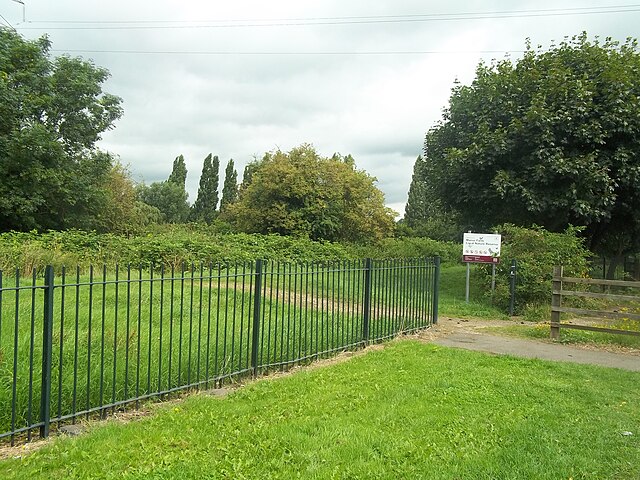Britain’s new Labour government of PM Keir Starmer has vowed to back the UK agriculture sector. The affirmation comes amid uncertainty on how his government will handle remaining post-Brexit agricultural and fishing problems.
The party’s win in the July 4 general election claimed significant farming counties in Conservative zones such as North Somerset and Suffolk Coastal.
Oddly enough, Labour’s successful election campaign missed on an agricultural budget while the Conservatives promised £1 billion ($1.2874 billion) extra for the sector.
Now plans are underway to bring the budget into the picture, pointedly in issues relating to post-Brexit farming policies.
Post-Brexit Environmental Subsidies in UK Agriculture
One of the post-Brexit areas that Starmer will be addressing is rising advocacy for the environment and related farm subsidies.
On July 9, 2024, Nick von Westenholz, director of strategy of the National Farmers’ Union (NFU) briefed Euractiv of the need for a permanent budget for the Environmental Land Management (ELM) program.
ELM is inheriting the Common Agricultural Policy (CAP) which had been giving farmers subsidies during the UK’s European Union (EU) membership.
The approaches by each UK region to ELM will however vary. While Scotland will retain the EU per-hectare subsidies under ELM, England and Wales territories will take deep environmental approaches.
Since 2020, farmers could gain subsidies under this program in England for doing anything from pesticide cuts to low fertilizer use. However, farmers now require clear terms on what constitutes subsidy-based farming so as to be certain on the best practices.
Backlash
But all is not smooth for Wales, whose farmers staged a protest in quarter 1, 2024 over the CAP phase-out. The farmers were against a requirement to plant trees on 10% of farmland and reserve another 10% for wildlife restoration or nature farms.
For this reason, the Wales parliament relegated the Sustainable Farming Scheme (SFS), which was to have replaced CAP to 2026.
Other sectors posing a similar backlash is the pig welfare community, which still awaits a ban on restrictive farrowing crates. According to Pig World, the first mention of such a ban was in 2021 by Daniel Zeichner. In the July 2024 election, Zeicher was the acting shadow farming minister in the UK.
In a word, the UK agriculture sector stands a chance now that the Labour PM is committing to it. This could help improve farming from being a small contributor to the UK’s GDP, as the statistics below show.
UK Agriculture Statistics
According to the UK government, the agri-food sector (agriculture and food commerce) contributed £128.3 billion ($165.17 billion) to the national Gross Value Added in 2021. The UK’s agricultural sector’s contribution to the national GDP in 2022 reached 0.76% of the GDP, a ten-year high. In multi-sector terms, the agriculture sector contributed a minor £10.3 billion ($13.26 billion) versus travel and tourism’s £277 billion ($356.58 billion), in 2017.
Are there agricultural products in which the UK is a world leader?
The UK topped exports of hard liquor in 2022 worth $9.58 billion. According to OEC, the country also topped horse exports worldwide in 2022 at $643 million. However, these two exports were no match to non-agricultural exports such as the leading item, gold, whose exports reached $32.1 billion. In terms of imports, the UK imported the most value of preserved meat globally in 2022 worth $858 million. The country was also the biggest global importer of “Other vegetable residues and waste,” totaling $158 million. Like exports, agricultural imports were far behind of non-agricultural imports especially petroleum gas, whose 2022 import value was $57 billion.
Which are the biggest contributors to the agriculture industry in the UK?
Food and drink retailing added the most value to the UK’s agriculture industry at £36.9 billion ($47.5 billion) in 2021. Non-residential catering came second at £25.2 billion ($32.44 billion) while food and drink processing followed at £30.4 billion ($39.13 billion). Farming and fishing contributed the second least value addition at £13.1 billion ($16.87 billion), while food and drink wholesaling trailed at £12.7 billion ($16.35 billion).
